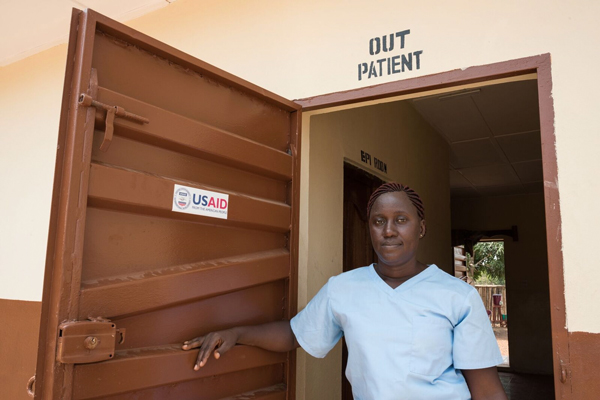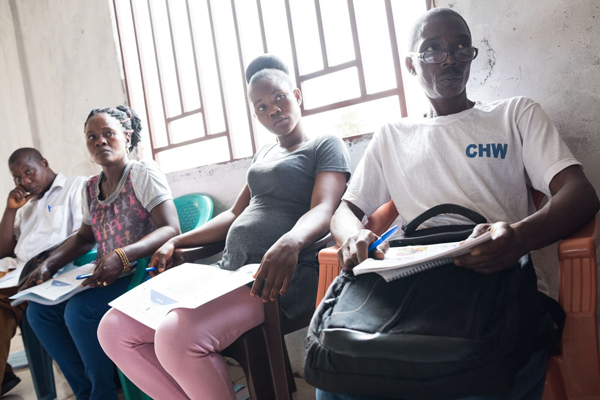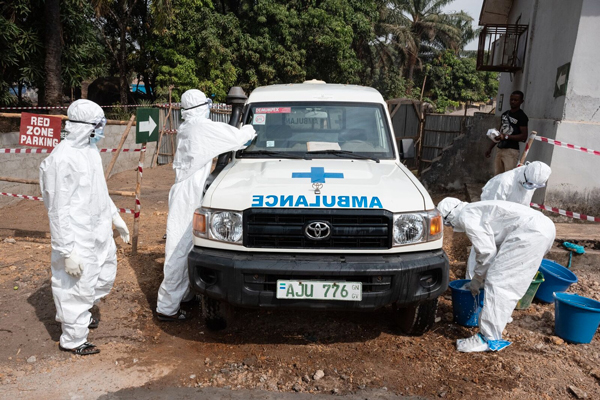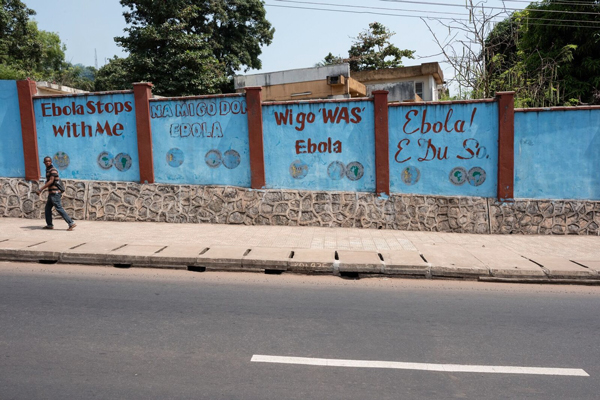Following an Ebola outbreak, survivors are vulnerable to stigma, which may make it more difficult for them to reintegrate into society. Forming associations as a support mechanism is one way to help them regain confidence and recover. The tools in this section relate to building organizational capacity within national survivor networks.
Organizational Strengthening of National Survivor Networks
Priorities and Lessons Learned
Les réseaux nationaux des survivants étaient établi pendant l'épidémie de l’Afrique de l’Ouest de 2014-2016, et avec l’appui des partenaires, ils ont grandi des groupes simples aux organisations officielles. APC a observé des succès et des défis en travaillant avec ces réseaux pendant la duration du programme.
National survivor networks were established during West Africa’s 2014-2016 outbreak, and with partner support, they have grown from informal entities to official organizations. APC observed successes and faced challenges in working with these networks during the life of the program.
The CPES program seeks to address challenges faced by Ebola virus disease (EVD) survivors through an integrated partnership approach between Government and development partners which strengthens service delivery to EVD survivors contributing to improving the overall survivors’ well-being.
The CPES program has without any doubt responded to the needs to restore Ebola virus disease (EVD) survivors’ confidence in a country health system heavily disrupted by the outbreak; and ensured that their special needs were addressed in a timely and efficient manner.
L’épidémie de la maladie à virus Ebola qui a frappé la Guinée en 2014-2015 a été une crise qui avait gravement menacé le système de santé et l’économie du pays. Cette épidémie a été à la base de l’émergence de plusieurs problèmes médicaux, psychosociaux, socio-économiques et professionnels dans le pays.
Le programme ETP&SS vise à atteindre l’objectif de réduire le risque de nouvelles flambées d’Ebola en Guinée en appuyant le programme national de SA-Ceint. Il faut souligner ici que l’objectif principal de la SA-Ceint est de minimiser le risque de la résurgence de la maladie à virus Ebola à travers la surveillance active en ceinture des guéris d'Ebola soutenue par les communautés locales dans lesquelles vivent les guéris d’Ebola.
The assessments confirmed that survivors have sought primary treatment from health facilities when they first get sick, with more than 90 percent of both baseline and endline respondents reporting that they had received treatment at a health facility within the past six months (92.3 and 91.7 percent, respectively).
Stories and Interventions
This brief includes background, interventions, and results of APC’s support to the Sierra Leone Association of Ebola Survivors (SLAES). Based on a needs and capacity assessment conducted jointly by APC and PIH in December 2016, the project identified six priority areas for organizational capacity building.
In December 2016, ETP&SS supported the Liberia survivor association meeting and conducted interviews with five Ebola survivors and survivor association leaders.
This short story highlights the work that Guinea’s national Ebola survivor network, RENASEG, has accomplished with its 24 member organizations. The network’s vice president, Seny Yvonne Loua, explains what her group has done to help create jobs for Ebola survivors.
Dr. Sylvia Blyden; Sierra Leone’s Minister of Social Welfare, Gender, and Children’s Affairs; discusses the Ebola crisis and the government’s response.
Mr. Kabba, President of the Sierra Leone Association of Ebola Survivors (SLAES), talks about the challenges faced by Ebola survivors and shares his vision for the future.
Mr. Hassan, Orphans Coordinator and Spokesman of SLAES, shares the story of losing his family to the Ebola virus during the height of the outbreak.
Dr. Mamadou Oury Diallo, President of Guinea’s national network of Ebola survivor associations, Réseau National des Associations de Survivants d’Ebola de Guinée (RENASEG), is an Ebola survivor himself. Dr. Diallo gave up his job as a surgeon to lead the organization and help fellow survivors, who were shunned by their communities and left unemployed after recovering from Ebola. APC and International Medical Corps worked with RENASEG to develop leadership skills and organizational structures of the 23 member associations that represent Ebola survivors in Guinea.
Naomi, an Ebola survivor, is a member of the Montserrado county chapter of the National Ebola Survivors’ Network of Liberia (NESNL). She is one of many survivors who are finding hope by empowering fellow survivors to help improve their lives. APC has supported the growth of the Network to empower survivors and enable them to regain their health and become fully integrated with their communities.
Tools and Training Materials
The Organizational Capacity Assessment (OCA) tool is designed to measure the overall capacity of an organization. It assesses capability in five key areas: governance, organizational management, program management, human resources management, and financial management. The results are compiled into an agreed-upon action plan that maps priority areas and actions that the organization will take to address problems and gaps.
L'Évaluation de la Capacité Organisationnelle (OCA) est un outil dont le but est d’évaluer la capacité d’une organisation. Il mesure les capabilités dans cinq domaines clés: gouvernance, gestion organisationnelle, gestion du programme, gestion des ressources humaines, et gestion financière. Le résultat est un plan d’action accordé par tous qui planifie les domaines prioritaires et les actions que l’organisation doit prendre pour adresser les problèmes et les écarts.





